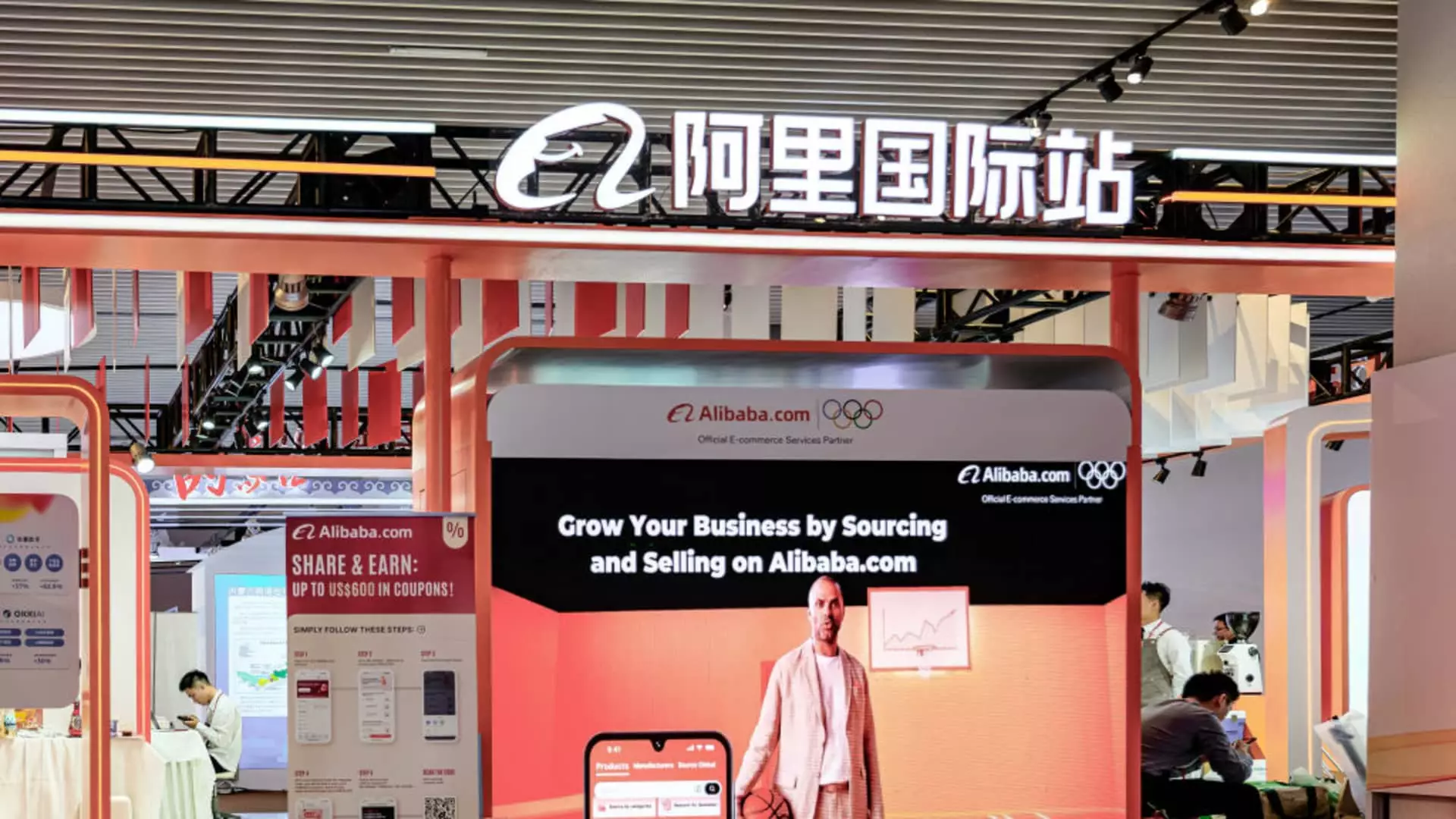In a significant move aimed at enhancing e-commerce efficiency, Alibaba, the renowned Chinese e-commerce corporation, has recently introduced a cutting-edge search engine named Accio. Designed specifically for small businesses seeking to source supplies in Europe and the Americas, this tool leverages advanced artificial intelligence (AI) technology. By drawing on capabilities akin to those of ChatGPT, Accio represents a strategic effort by Alibaba to bolster sales and cater to the evolving needs of small enterprises in a competitive market.
The Magic of AI: How Accio Works
Accio, named after the famous summoning spell from the Harry Potter series, capitalizes on the efficiencies of generative AI powered by Alibaba’s own Tongyi Qianwen large language model (LLM). During preliminary testing, the platform demonstrated a remarkable 40% increase in purchasing intent among tested businesses, showcasing its potential to outperform traditional search engines. Users can engage with Accio through straightforward text or image prompts, which allows the AI to efficiently surface relevant wholesale products. Importantly, the tool provides actionable insights, including consumer popularity analyses and projected profit margins, which equip businesses with essential data for informed decision-making.
For instance, the platform can assist a budding sports entrepreneur in sourcing products for a new line of pickleball equipment. Once the search is executed, Accio curates a list of potential procurement options, streamlining the process for users to communicate directly with suppliers.
Alibaba’s vast dataset serves as the backbone of Accio, incorporating information from approximately 50 million businesses on its international platform, alongside an extensive library of one billion product listings. This dataset encompasses a wide array of industries across more than 100 markets. Such a comprehensive data foundation enables Accio to provide tailored search responses, making it an invaluable tool for small businesses that may lack extensive market research capabilities.
Notably, the AI tool is currently available in five major languages: English, German, French, Portuguese, and Spanish, thereby catering to a diverse range of users in global markets. Despite Accio’s advancements, it remains crucial for businesses to understand that AI’s application in commerce is still evolving. Many firms are exploring how to effectively monetize such innovative technologies, and Accio’s success will largely depend on its acceptance within the business community.
Despite its ambitious plans for Accio, Alibaba’s primary revenue streams still largely originate from its domestic e-commerce platforms, Taobao and Tmall. The international arm, however, has witnessed rapid growth. Recent developments include an upgraded AI translation tool aimed at assisting merchants in reaching international customers more effectively, and Alibaba asserts that its translation technology now surpasses offerings from competitors such as Google and DeepL.
A recent survey by Bain & Company highlighted the increasing adoption of AI tools among merchants, revealing that over half of the 500 surveyed businesses utilized generative AI-enabled tools during the Singles Day shopping festival. This data suggests a strong inclination towards integrating AI technologies into e-commerce strategies, with 56% of respondents affirming that such tools significantly improved productivity.
As Alibaba continues to innovate and refine its offerings, the introduction of Accio signifies a measurable shift towards more advanced e-commerce solutions for small businesses. By understanding market dynamics and leveraging big data, Accio presents an opportunity for smaller players to compete more effectively in an increasingly digital marketplace.
Going forward, the rollout of Accio could influence how businesses perceive the integration of AI into their operations. For small enterprises, utilizing a powerful search engine specifically designed for product procurement could distinguish them from competitors who rely solely on traditional search practices. As AI continues to evolve, it will be intriguing to observe how the landscape of e-commerce transforms—potentially leveling the playing field for small businesses while simultaneously challenging larger corporations to adapt innovatively.
Alibaba’s Accio is not just another technology tool; it represents a fundamental shift in how small businesses can harness AI-driven insights to enhance their operational efficiencies and drive growth in a competitive environment.

